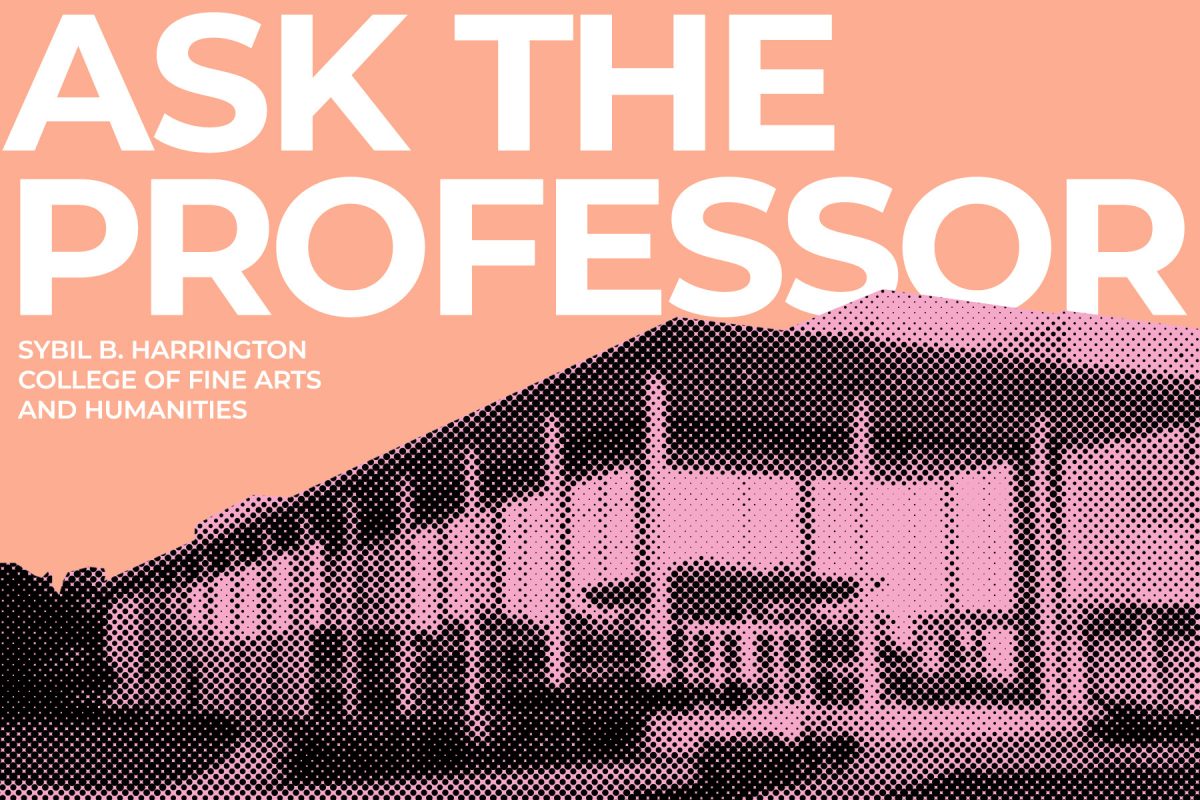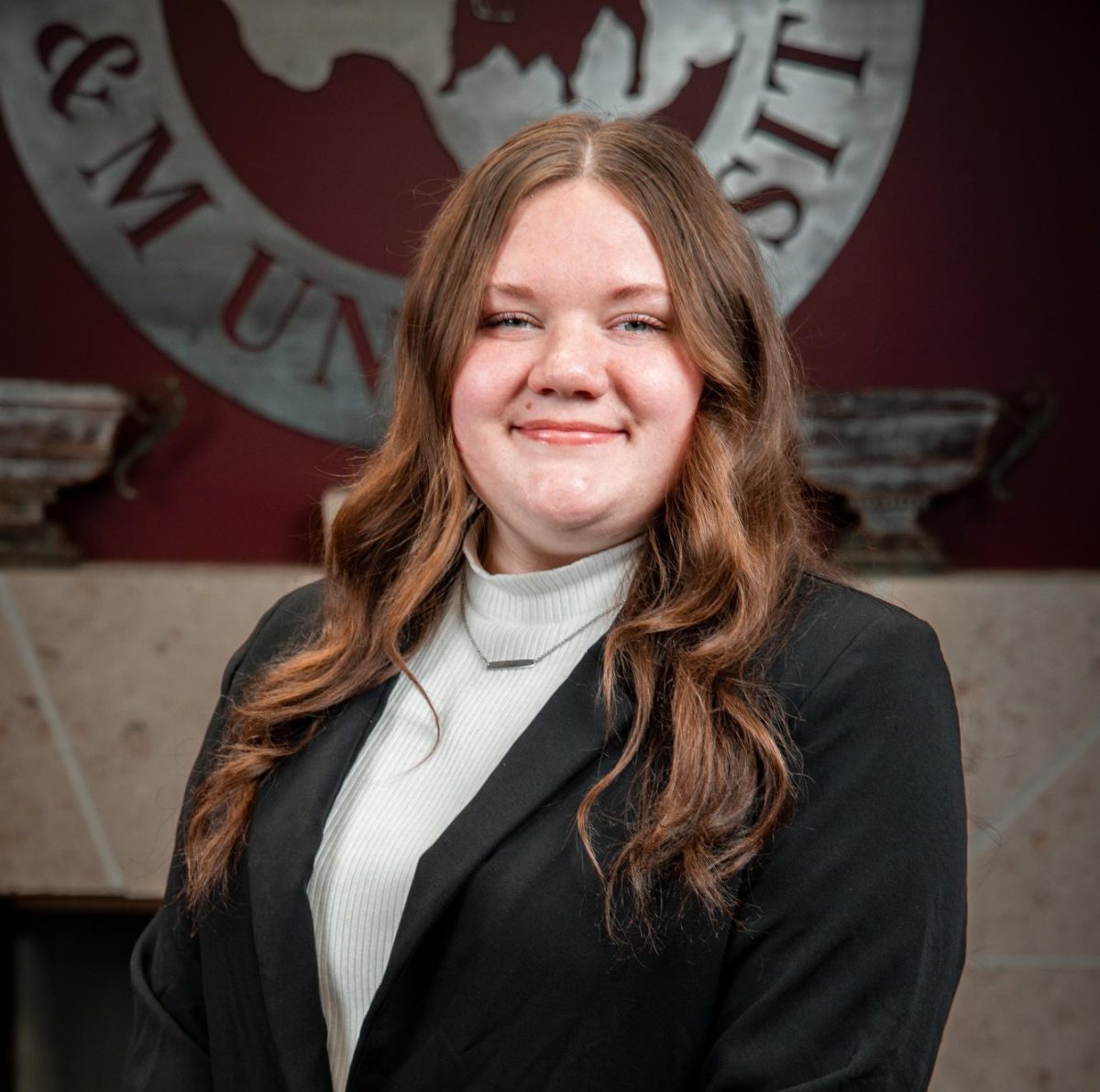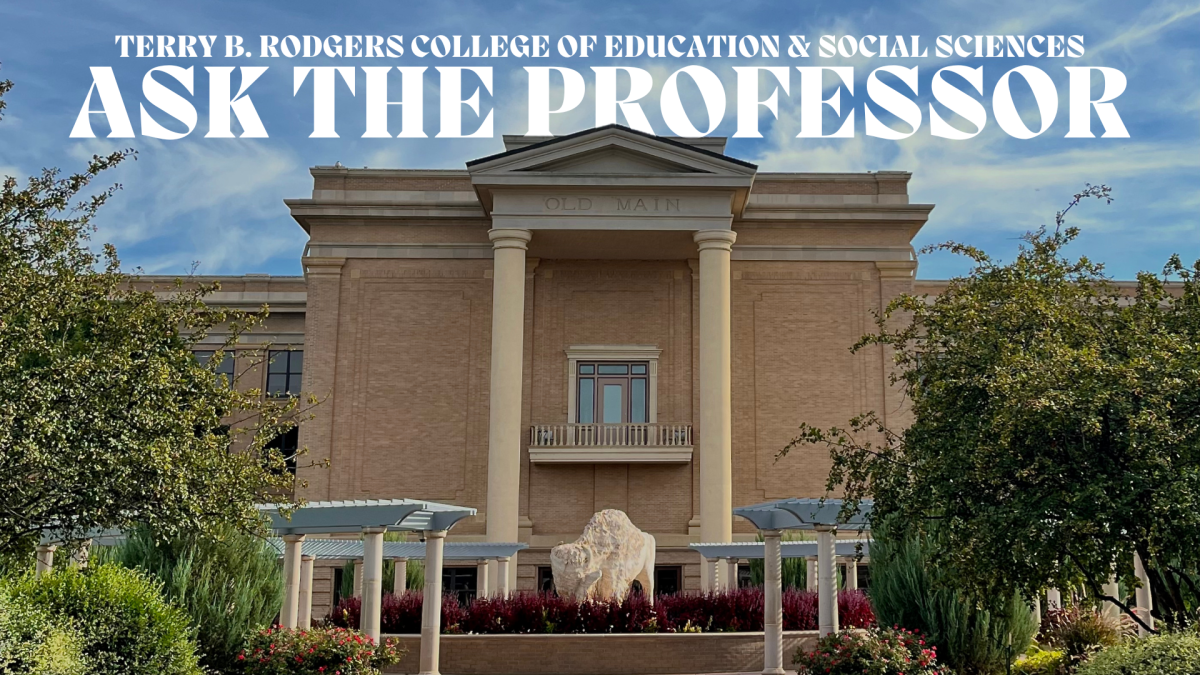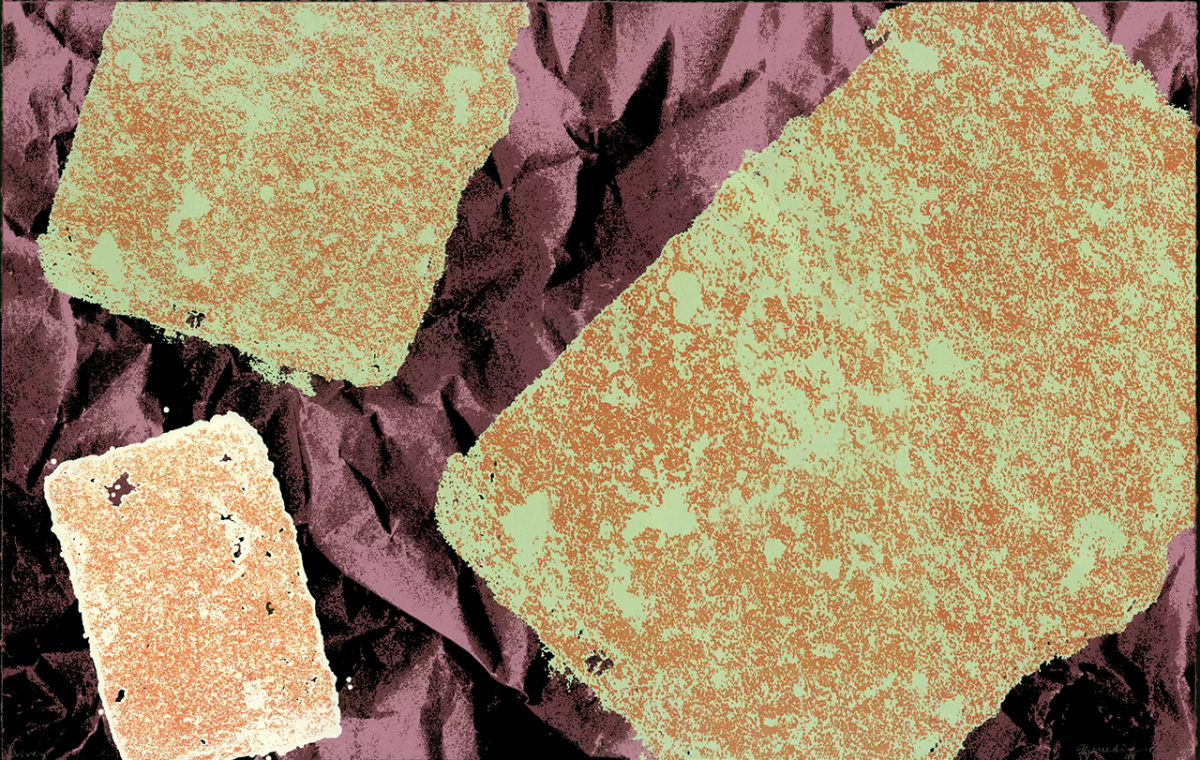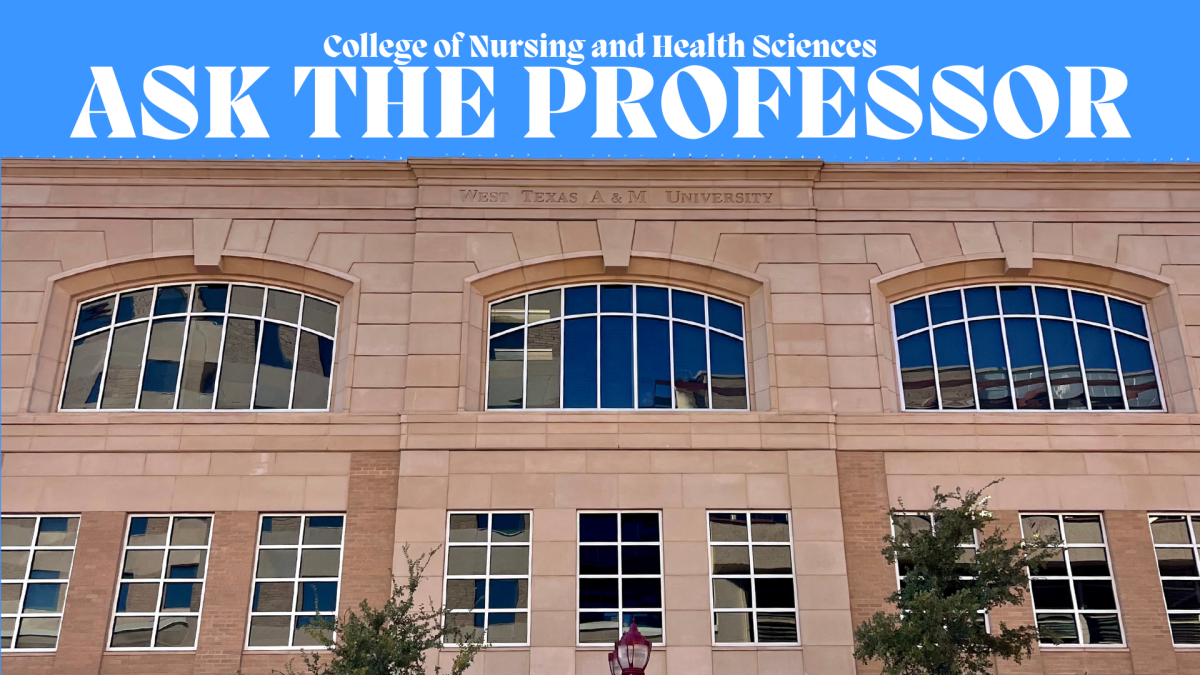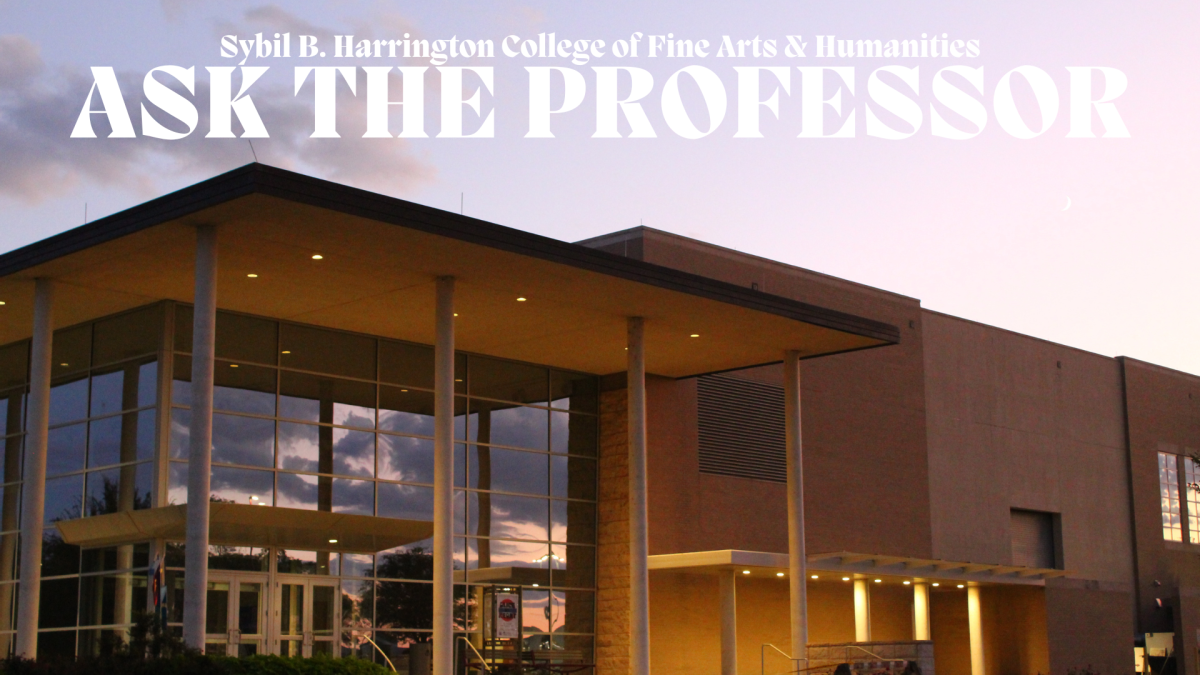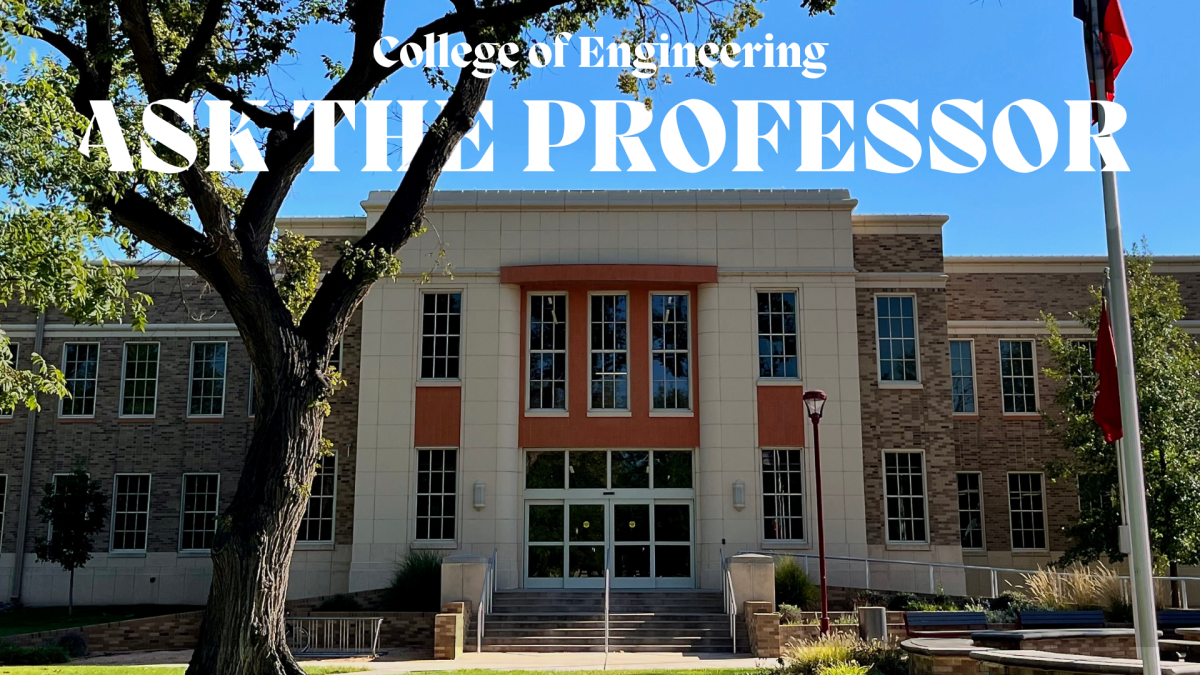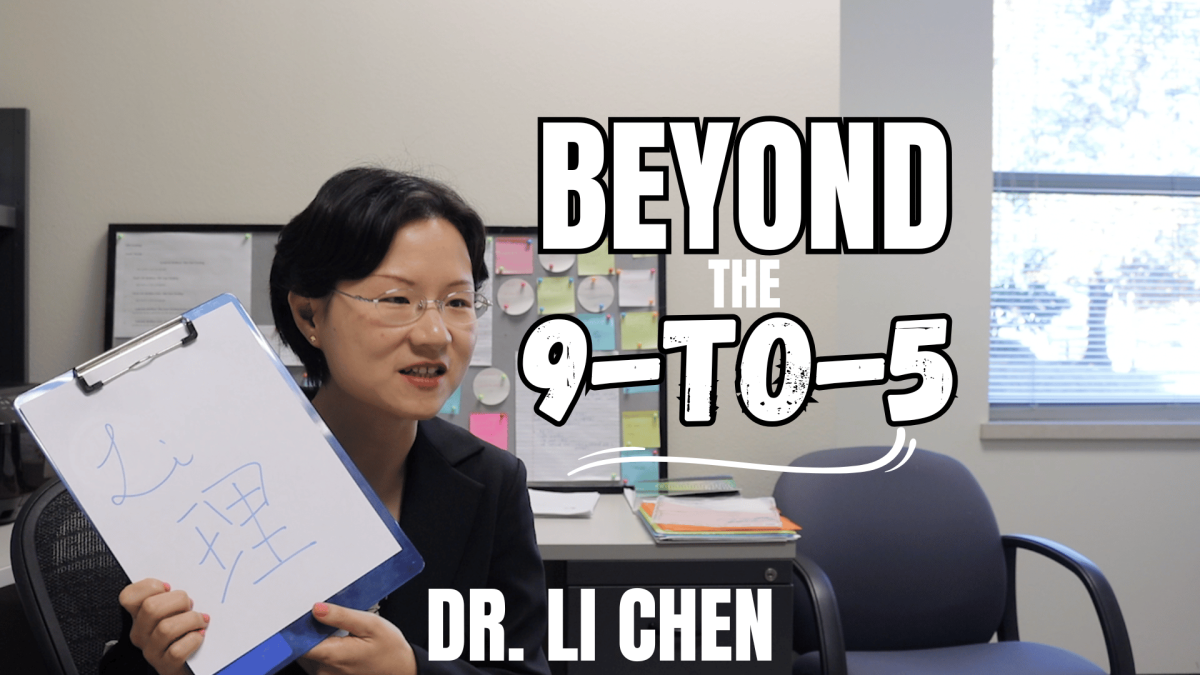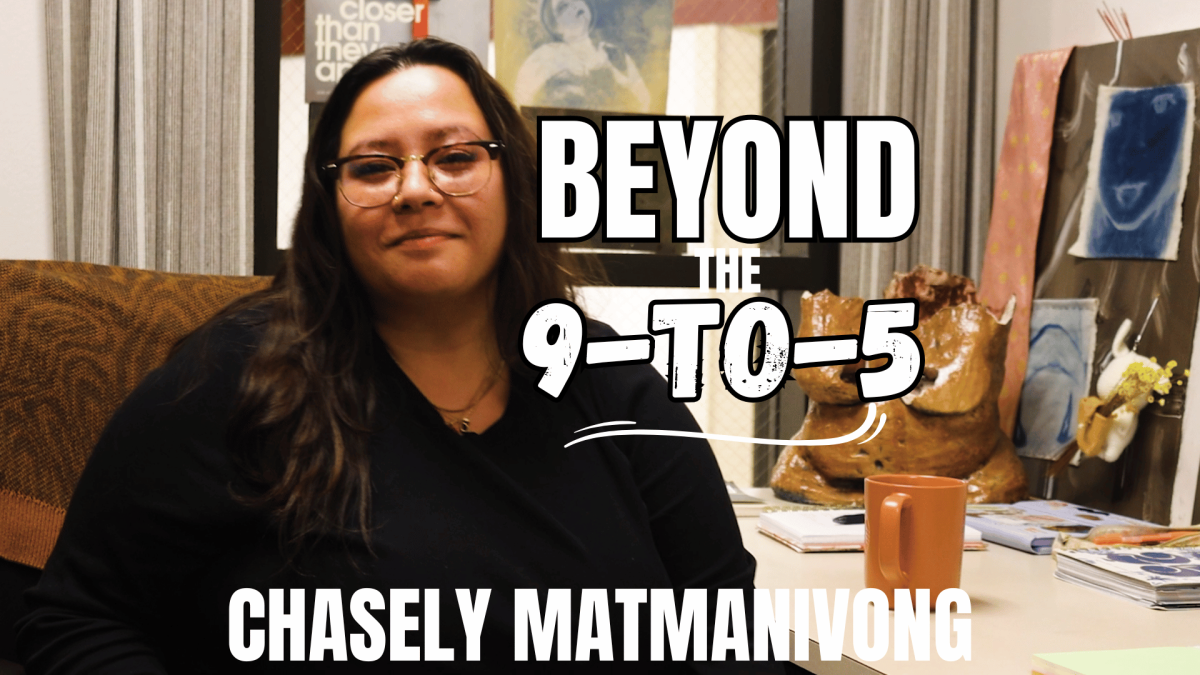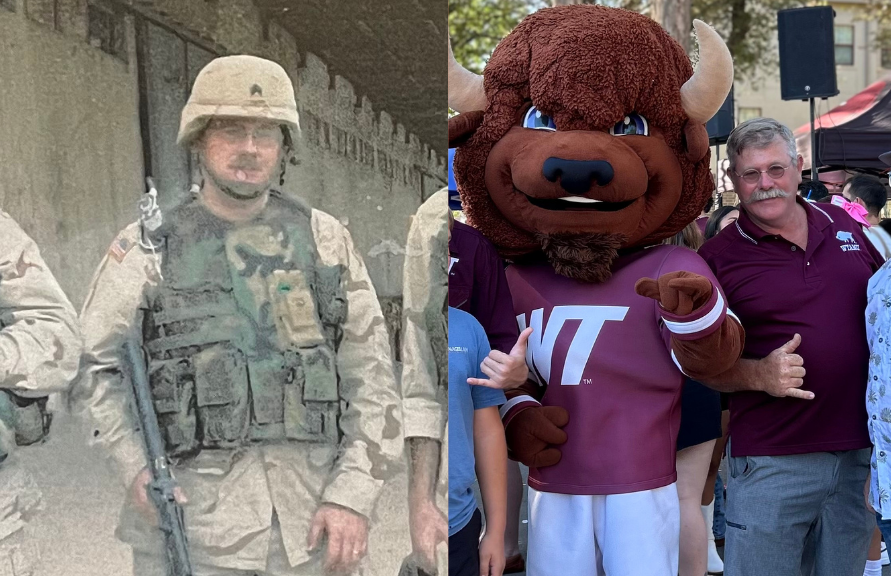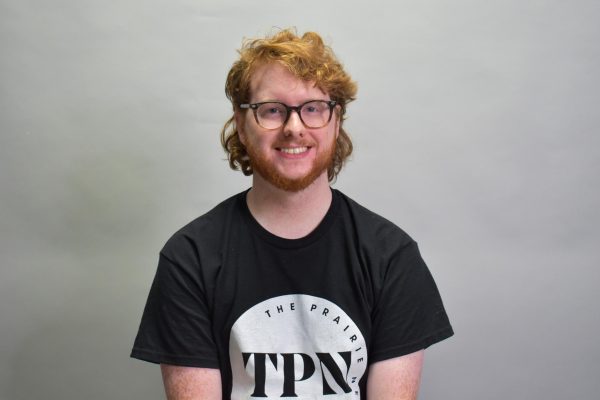Dr. Li Chen is an associate professor of media communication in the Department of Communication at the Sybil B. Harrington College of Fine Arts and Humanities. She teaches courses in media communication theory, media communication ethics and media history.
Dr. Chen said she feels that communication is the most important activity in human society.
“90% of the acts we perform every day are related to communication,” Dr. Chen said. “So, communication enables us to nudge each other, to build and maintain relationships, to exchange information and ideas and to share feelings with each other. In this way we are able to advance our personal development goals, to advance social justice and advocate positive social change. Since communication is so important to us and is ever-changing, I find it worthwhile to spend my lifetime studying that.”
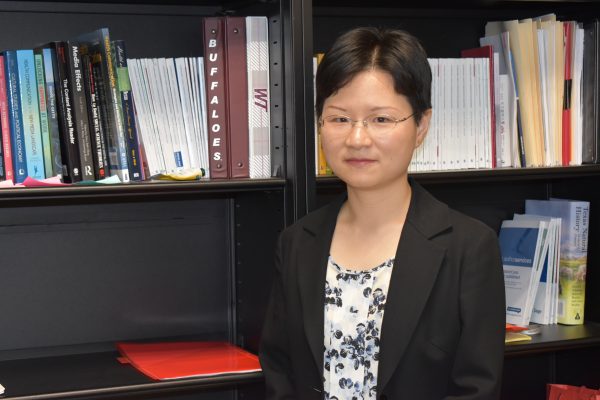
Dr. Chen pointed out that communication is a huge field of study. Her research focuses on health communication and health misinformation, such as online rumors about vaccine side effects.
“I wanted to know two things,” Dr. Chen said. “First, do those rumors and misinformation truly generate an impact on individuals? If this is the case, in what ways? And second – and of more importance – how could health educators effectively rebut those rumors about health?”
Dr. Chen said there are various approaches to combating health misinformation. For example, health professionals voicing opinions and sharing facts about public health. She said that celebrities can also generate a huge impact.
“Like if one day Taylor Swift claimed that vaccines are useful, I believe it will convince many people,” Dr. Chen said. “Then, to us ordinary people who do not who are not celebrities and do not have a healthcare background, I will say what we could do is whenever you find some compelling, convincing messages: don’t hesitate to retweet. The more people see that message, the more people you are likely to impact.”
Alongside Assistant Professor of Emergency Management Administration Dr. Ming Xie, Dr. Chen is researching how well the refugee population in the Panhandle knows about and is prepared for health risks associated with climate-related disasters. Dr. Chen called Dr. Xie “a role model in all facets of life.” The research pair won a grant from the Natural Hazards Center last December.
“And I believe a project like this could generate some immediate impact,” Dr. Chen said. “Local public health and emergency management professionals could rely on our research project to develop tailored educational programs targeting social groups that do not have access to adequate health information, such as refugees, and this would immediately enhance their disaster resilience and reduce disparities.”
Dr. Chen chose to teach and research at West Texas A&M University because she felt there was a perfect match between WT’s mission and her professional development goals.
“My professional development goal is to become an inspiring, innovative and visionary teacher-scholar,” Dr. Chen said. “Through my conversations with students, I constantly reflect on my teaching philosophy. And their insights into emerging media phenomena have constantly inspired me to update my teaching methods and philosophy. So, I feel really honored to have those great WT students and they have cultivated me into an inspiring teacher-scholar. They have helped me achieve my professional development goals.”
Dr. Chen’s academic success advice is to attend lectures and take handwritten notes.
“Even though we are now in the digital age, I still believe in the power of handwriting,” Dr. Chen said. “To me, like, writing a concept or a theory one time is like listening to it or reading it 10 times. In this way, you would always do well on tests. And the last suggestion is whenever you have questions, concerns or difficulties, don’t hesitate to ask. I believe all the faculty at WT are nice people. We are always here to help. We’re more than happy to help them succeed.”
Dr. Chen is also an avid fan of cats; her lecture slides and Blackboard announcements sometimes feature pictures of cats and kittens.
“Over the past few years, one of the things I do in my leisure time is chasing those feral cats on campus and occasionally mingle with them,” Dr. Chen said. “I have named all of them all the feral cats on campus. It’s a way of communication too, even though they don’t speak a human language.”



